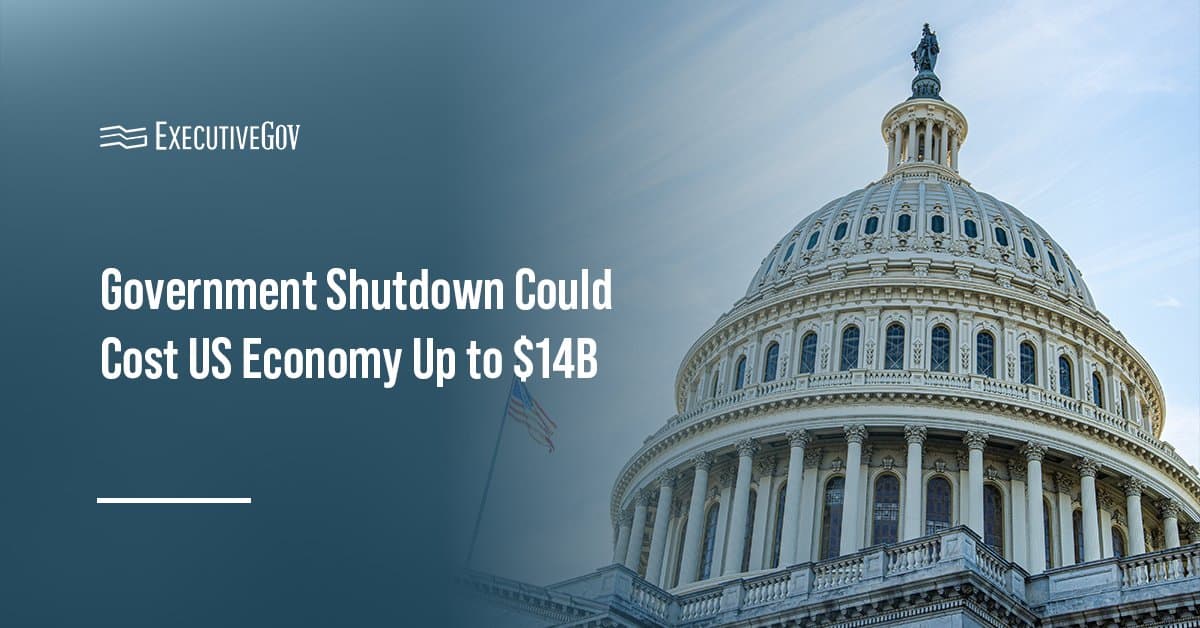The Congressional Budget Office estimates that the ongoing government shutdown, which began on Oct. 1, could result in a permanent economic loss of between $7 billion and $14 billion in 2025 dollars even after most federal spending and activity resume.
In a letter to House Budget Committee Chairman Jodey Arrington, R-Texas, CBO Director Phillip Swagel said the lapse in discretionary appropriations will temporarily lower U.S. economic output and increase unemployment, with the severity of the impact depending on how long the shutdown continues and which federal activities remain suspended.
Table of Contents
How Much Will the Shutdown Affect the Economy?
CBO projected that the shutdown would lower annualized real gross domestic product growth in the fourth quarter of 2025 by 1 to 2 percentage points, depending on whether it lasts four, six or eight weeks. Although output will rebound once funding is restored, some of the decline in real GDP will not be recovered.
The GDP slump is primarily attributed to fewer government services, delayed federal spending on goods and services, and reduced private-sector output caused by lower aggregate demand. While activity will recover as federal workers receive back pay and agencies restart operations, some lost productivity from furloughed employees will be permanent.
How Will the Shutdown Affect Workers and Businesses?
The shutdown is expected to temporarily raise unemployment as most furloughed workers are counted as unemployed.
Businesses dependent on federal spending or tourism, especially those near closed national parks and monuments, will experience income losses.
What Broader Effects Could the Shutdown Have?
Beyond lost output, CBO warned that the shutdown could undermine confidence in federal operations.
The agency noted that some activities, such as pay for active-duty military and certain law enforcement officers, continue under exceptions, but prolonged disruption could lead to deeper operational and economic consequences.





